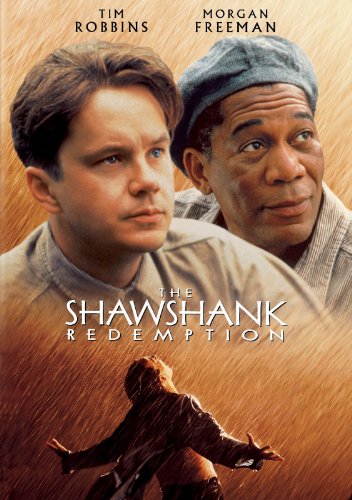
Many states have 'innocence projects' which assist in exonerating people who have been wrongfully convicted. The original one is here: http://www.innocenceproject.org/
Their Mission: The Innocence Project is a national litigation and public policy organization dedicated to exonerating wrongfully convicted people through DNA testing and reforming the criminal justice system to prevent future injustice.
Other Innocence Projects:
Innocence Project of Texas:
http://www.innocenceprojectoftexas.org/
The Wisconsic Innocence Project:
http://www.law.wisc.edu/fjr/clinicals/ip/index.html
The Mid-Atlantic Innocence Project:
http://www.exonerate.org/
Georgia Innocence Project:
http://ga-innocenceproject.org/
Medill Innocence Project:
http://www.medillinnocenceproject.org/
Innocence Project New Orleans:
http://www.ip-no.org/
Midwest Innocence Project:
http://www.innocenceprojectmidwest.org/
Northern California Innocence Project:
http://law.scu.edu/ncip/
Idaho Innocence Project:
http://www.idahoinnocenceproject.org/
The Pennsylvania Innocence Project:
http://www.innocenceprojectpa.org/
Innocence Project of Minnesota:
http://www.ipmn.org/
Innocence Project Northwest Clinic:
http://www.law.washington.edu/Clinics/IPNW/
California Innocence Project:
http://www.cwsl.edu/main/default.asp?nav=cip.asp&body=cip/home.asp
Connecticut Innocence Project:
http://www.ocpd.state.ct.us/Content/Innocence%20Project/Innocence%20Project.htm
Innocence Project of Florida:
http://floridainnocence.org/content/
New England Innocence Project:
http://www.newenglandinnocence.org/
Kentucky Innocence Project:
http://www.kyinnocenceproject.org/home.html
Innocence Project Bournemouth:
http://innocenceprojectbournemouth.com/
Mississippi Innocence Project:
http://www.mississippiinnocence.org/
Innocence Project of Iowa:
http://www.iowainnocence.org/
North Carolina Center on Actual Innocence:
http://www.nccai.org/
Montana Innocence Project:
http://www.mtinnocenceproject.org/
Justice Brandeis Innocence Project:
http://www.brandeis.edu/investigate/innocence/
Oregon Innocence Project:
http://www.law.uoregon.edu/org/oip/
Alaska Innocence Project:
http://www.alaskainnocence.org/
Nebraska Innocence Project:
https://people.creighton.edu/~plw92048/
Life After Innocence Project:
http://blogs.luc.edu/afterinnocence/


















Recent Comments